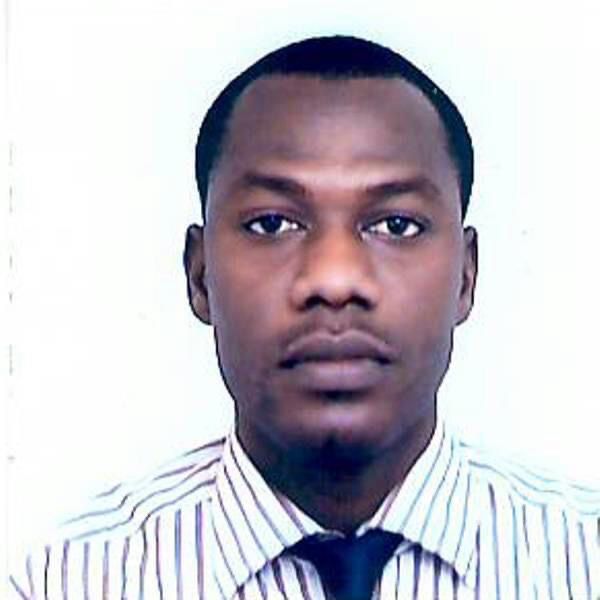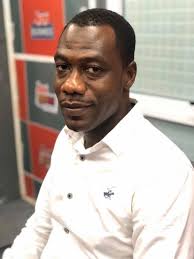Renowned neurosurgeon Dr. Hadi Abdullah has exposed what he describes as a deep-rooted procurement cartel operating within Ghana’s health sector, sabotaging the delivery of healthcare through inflated contracts and manipulated tenders.
In a revealing account, he detailed how ‘procurement mafias’ are exploiting legal frameworks to overprice equipment and restrict hospital management from sourcing critical tools directly.
“Deals are cooked because the health sector is seen as one place where people can make money as a cash cow. Once [they] can make [their] 20% share, [they] don’t care”
Dr. Hadi Abdullah, Neurosurgeon
Dr. Abdullah, speaking candidly about his experiences, accused elements within the procurement system of turning hospitals into lucrative money making centres. According to him, the situation has worsened to the point where even “philanthropic donations” are targeted for profiteering.
Recounting an incident where he was asked to chair a procurement meeting, Dr. Abdullah rejected a contract with a suspiciously inflated bid despite claims that it was the lowest. He argued that a low bid is not always synonymous with “value” and criticised the rigid application of procurement law that ignores practical cost evaluations.
“When I looked at the prices, I said, no, this is almost three times the value. They told me the one with the lowest bid has won so we have to select the person”
Dr. Hadi Abdullah, Neurosurgeon

He refused to sign the contract and insisted that the issue be referred back to the medical director. Though his rejection was met with accusations of breaching procurement law, Dr. Abdullah argued that the system is flawed if it compels public institutions to accept prices far above market value.
Ministry-Imposed Costs
Dr. Abdullah also blamed the Ministry of Health for inflating prices on basic equipment. He explained that hospitals like Korle Bu could have replaced “faulty lifts” years ago if allowed to procure independently.
“If we allow the CEOs the free hand to work, they can use the IGF generated to get some of these devices and equipment, but if we insist that they must go through the procurement law – then there lies the problem”
Dr. Hadi Abdullah, Neurosurgeon
Instead, procurement is centralised, with “sweetheart” deals imposed on facilities. He cited a broken lift at the Korle Bu surgical department that has remained unfixed for over three years, endangering patient lives.
He described how doctors have been forced to manually wheel patients to theatre, sometimes carrying them upstairs.
“The underlying factor, which is something many CEOs will not come out and speak about, is the cost being imposed by the ministry through cooked deals”
Dr. Hadi Abdullah, Neurosurgeon
“Why should this happen?” Dr. Abdullah asked, detailing the existence of how procurement is being used to fleece the state and cripple the health sector by ‘procurement mafias’.
“These are the real issues when it comes to funding of hospitals in this country. We could have bought maybe three or four of some of the machines that we buy at such prices for one”
Dr. Hadi Abdullah, Neurosurgeon

In one of the most disturbing revelations, Dr. Abdullah recounted how a known procurement contractor offered him a kickback on medical monitors that were to be donated by Bishop Tackie-Yarboi.
The contractor proposed adding $2,000 to each unit so Abdullah could benefit personally. “He came to see me and offered money,” Abdullah disclosed. “He said, ‘if you tell Bishop to buy it from me, I can put $2,000 each on it for you.’”
Dr. Abdullah condemned the act as wickedness, paid for the contractor’s meal, and walked away from the offer. He revealed that the Bishop eventually bought the monitors without the contractor’s interference, and they are now in use at the neurosurgery ward.
Call to Media
Dr. Abdullah challenged Ghanaian media to conduct an investigative review of procurement costs over the years, especially for major equipment like CT and MRI machines. He alleged that machines worth $500,000 are often procured for over $3 million.
“I’ve been attending the World Health Expo over the years and so I know the cost of these machines.
“I’m daring the media. Somebody should take this up on themselves and look at the cost of these machines in the country over the last twenty years, to check whether they are actually the true cost or whether we could have gotten them cheaper”
Dr. Hadi Abdullah, Neurosurgeon
The neurosurgeon called for more transparency and autonomy for hospital CEOs to procure necessary tools. He believes that empowering these leaders could eliminate layers of corruption tied to politically controlled procurement systems.
Dr. Abdullah’s revelations raise urgent questions about accountability in public spending. It underscores a broader crisis in procurement practices that may be draining critical funds meant for patient care across the country.



















